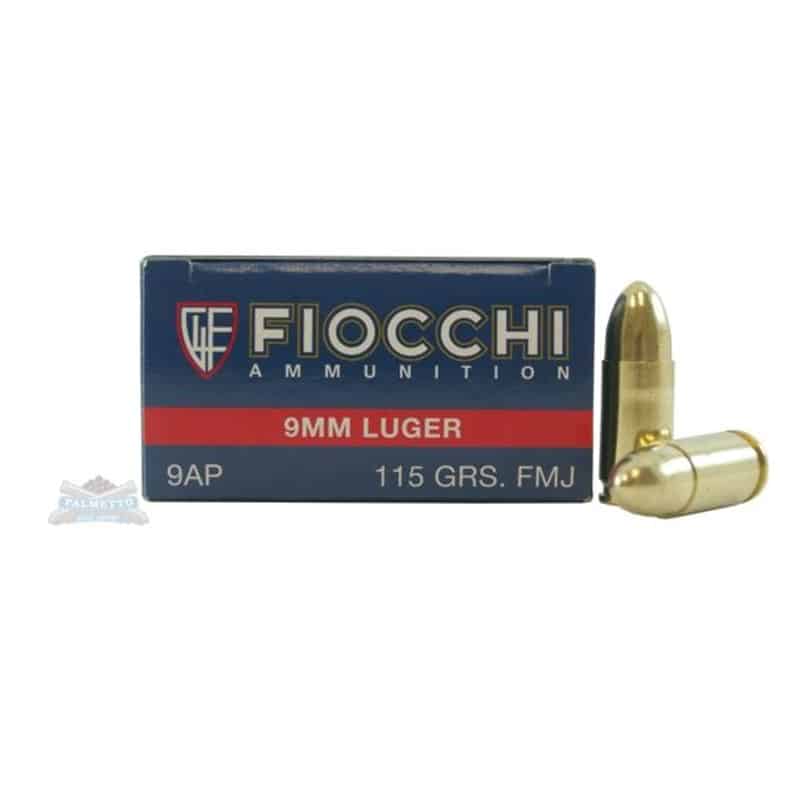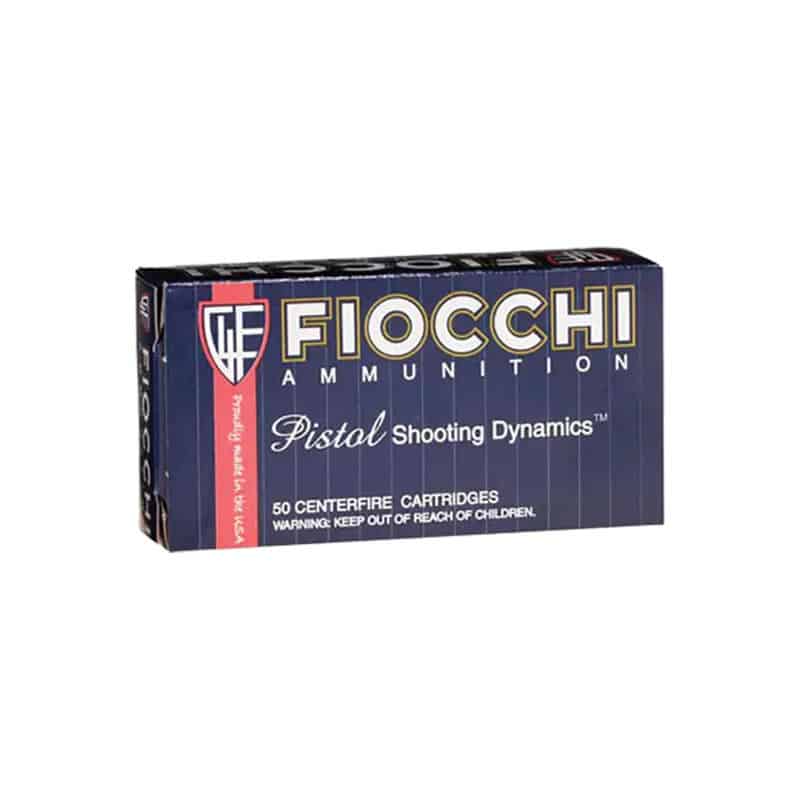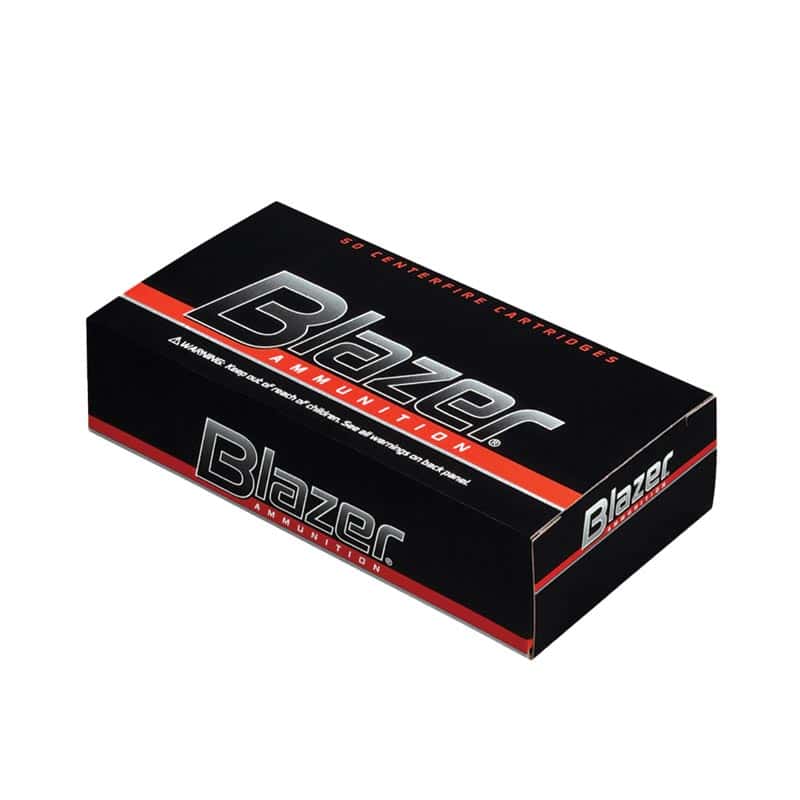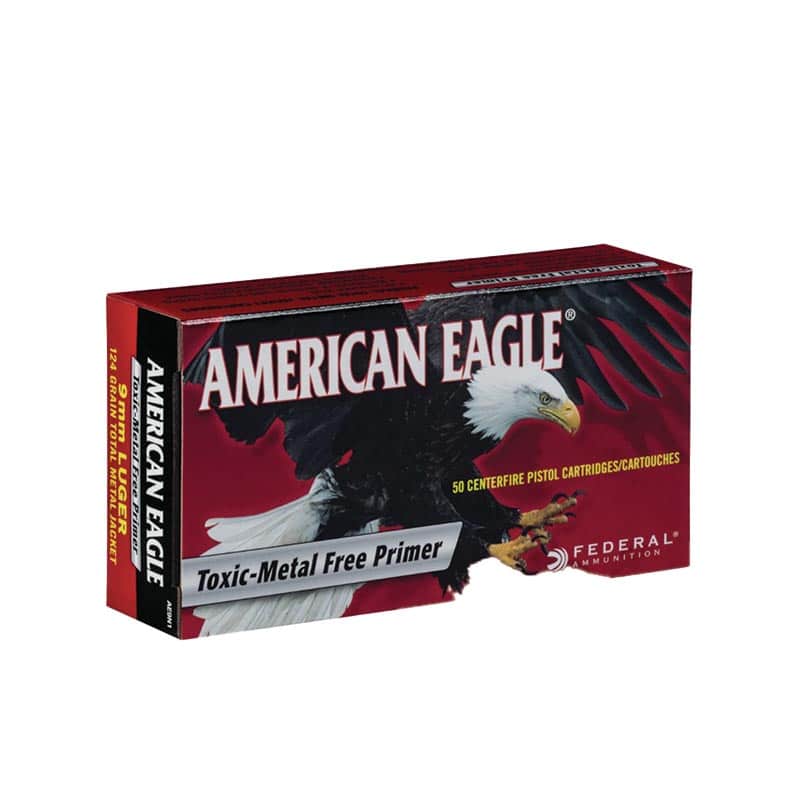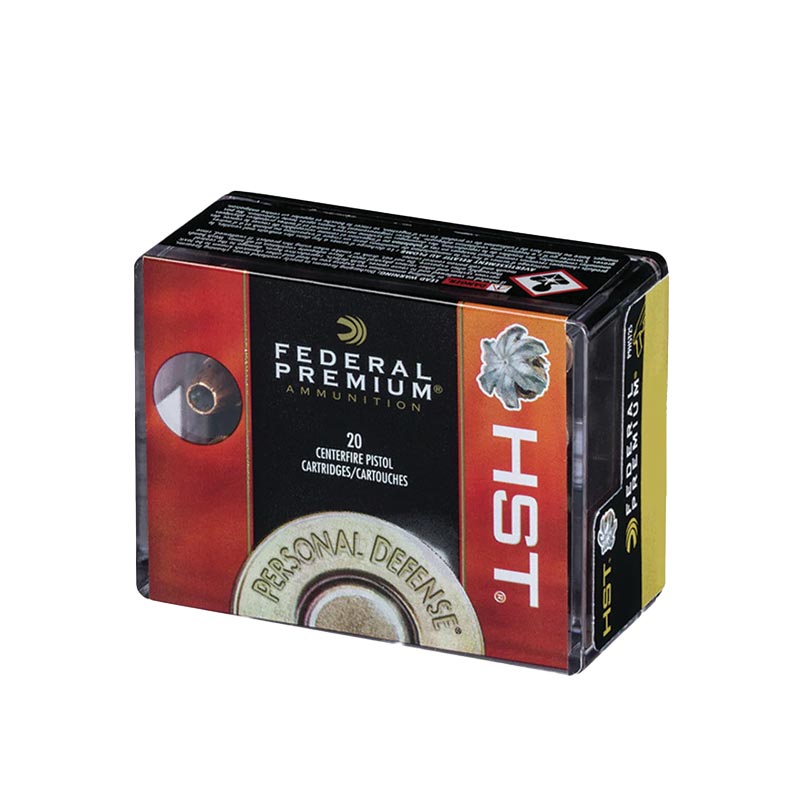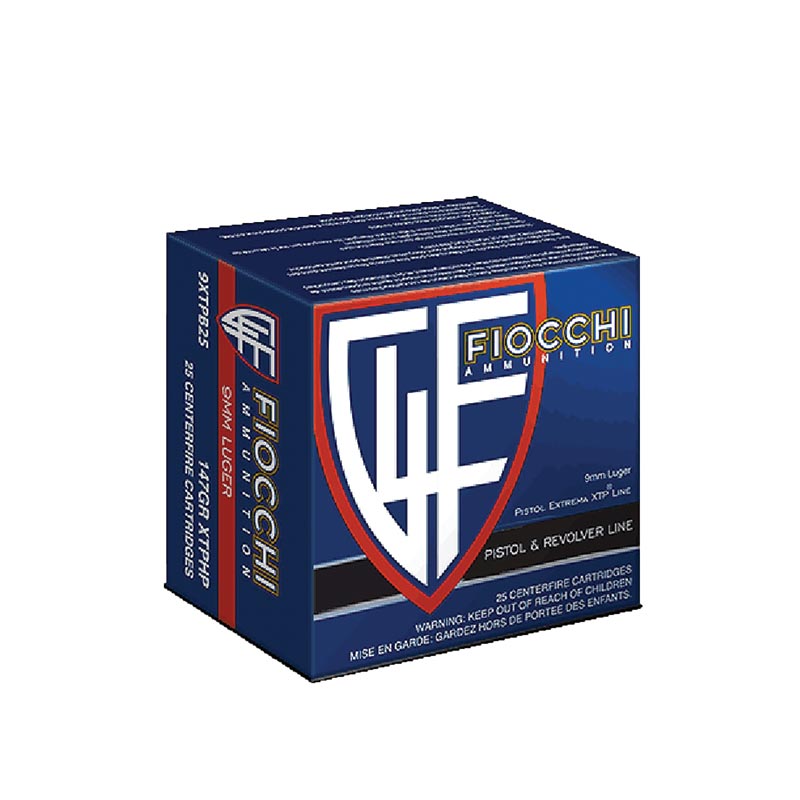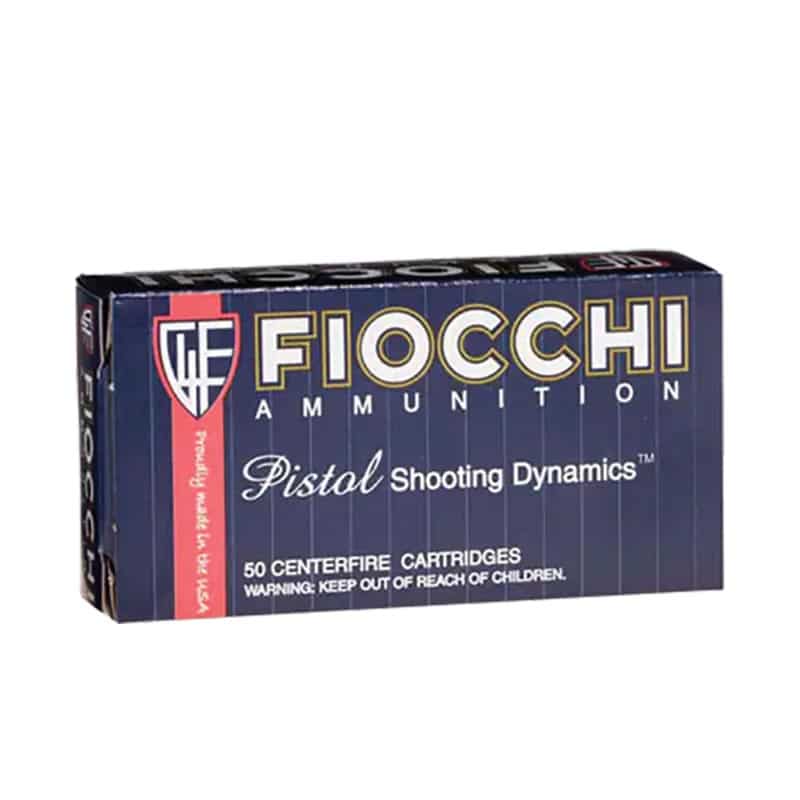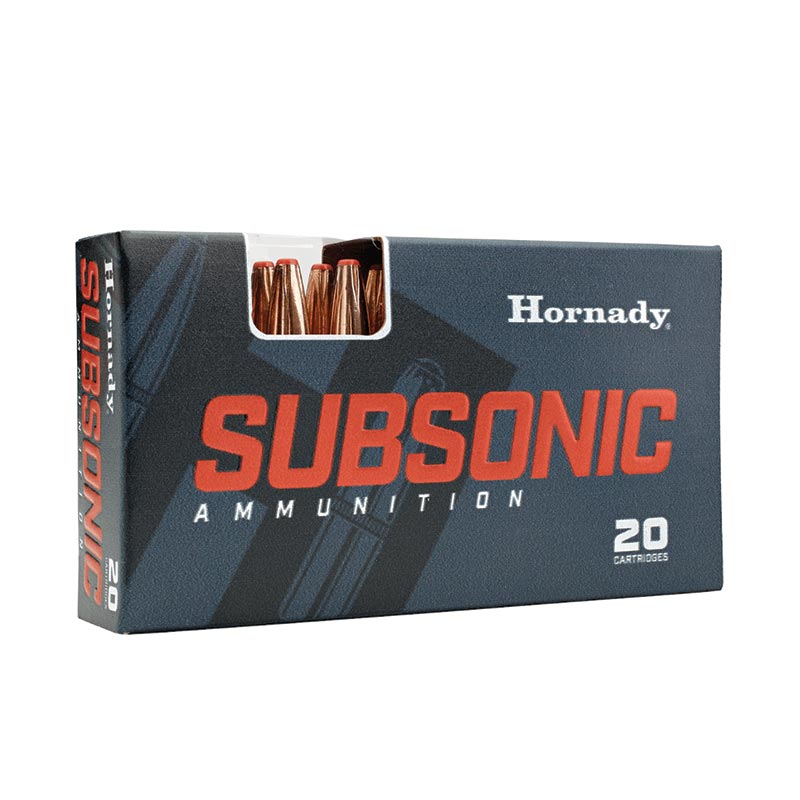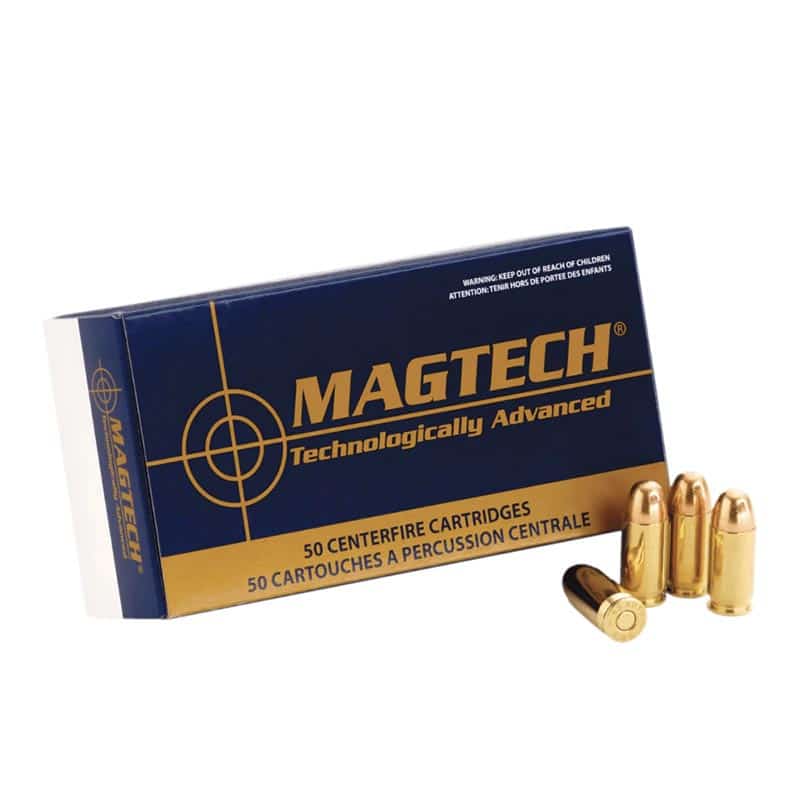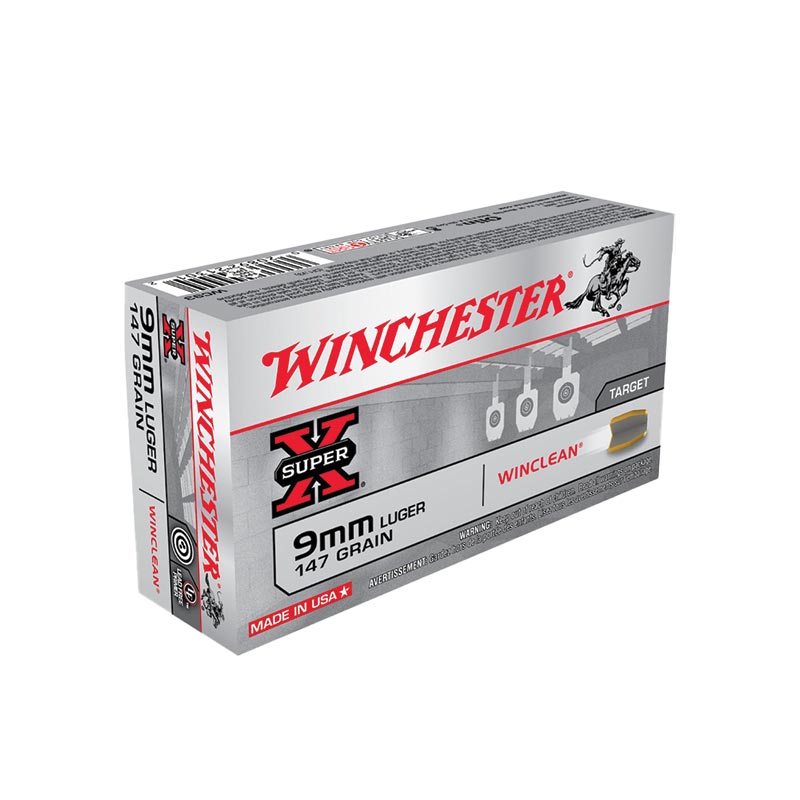Calibers (left to right): 22 LR, .380 ACP, 9 MM, 38 Special, .40 S&W, .45 ACP
Choosing the right caliber for your concealed carry gun is vital—it affects how comfortably you can carry and how effectively you can shoot. Unlike full-size handguns, which can more easily handle larger calibers, concealed carry guns, typically found in compact, sub-compact, and micro-compact sizes, present unique considerations.
Let’s explore the pros and cons of popular calibers such as .22 LR, 9mm, .45 ACP, .40 S&W, .380 ACP, and .38 Special, in the context of concealed carry firearms. A key factor to bear in mind is that the right caliber should strike a balance between stopping power and manageability. Larger calibers in a small frame can lead to heavier recoil, making the firearm less comfortable and, potentially, less fun to shoot. If your gun kicks too hard, you might skip out on range time, and that’s a bad move if you want to stay sharp. Choosing a caliber that you can handle comfortably and shoot accurately is vital, as your skill and confidence with your firearm could be decisive in a self-defense scenario.
.22 LR
Pros and Cons of .22 LR
In terms of minimal recoil and ease of handling, the .22 LR caliber stands out, making it ideal for those sensitive to larger calibers’ kick. Its suitability for ultra-compact firearms enhances concealability, and the affordability of .22 LR ammo encourages regular practice. However, its lower stopping power requires precise shot placement, and its effectiveness in self-defense scenarios is generally considered less than larger calibers. The .22 LR is best suited for individuals prioritizing comfort and ease of carry, coupled with a commitment to skillful, accurate shooting. It is is for these reasons it is not considered an ideal choice for concealed carry.

- Minimal recoil, allowing for better control and accuracy.
- Ideal for compact and lightweight firearms
- Ammunition is affordable and widely available, encouraging regular practice.
- Easiest caliber to fire for women
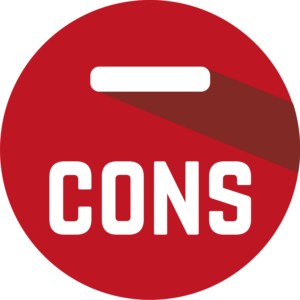
- Lower stopping power compared to larger calibers, necessitating precise shot placement.
- May require multiple shots to neutralize a threat.
- Less effective in over-penetration scenarios.
9MM Luger
Pros and Cons of 9MM Luger
When you’re considering a concealed carry option, the 9mm really shines with its well-rounded blend of compact size, stopping power, and ammo capacity that’s tough to beat. The 9mm round strikes a sweet spot, packing enough punch for defense without overwhelming kickback, so most folks can shoot it comfortably. The 9mm’s adaptability shines, perfect for those who carry concealed, fitting seamlessly into everything from sleek compacts to snug sub-compacts. The 9mm also comes in a variety of rounds, like the hollow-point, which is super effective for different situations. Its versatility bolstered by a range of rounds like the hollow-point, the 9mm remains an economical pick for shooters aiming to maintain their precision without stretching their budget.

- Manageable recoil for consistent accuracy.
- High magazine capacity without a significant increase in size.
- The wide availability of diverse ammunition.
- Generally more cost-effective for regular practice.
- Ideal caliber for men and women

- Less stopping power per round compared to larger calibers.
- Can be less effective in over-penetration scenarios.
.45 ACP
Pros and Cons of .45 ACP
The .45 ACP has long been revered in the concealed carry community for its significant stopping power. The .45 ACP packs a punch with its big, hefty bullets that often do the job of stopping threats quicker and might need less ammo to get it done. Many opt for this ammo size because it packs a punch in close-quarters defense, delivering the knockdown power needed with minimal shots. But with that added punch, the kickback is tougher to handle, especially when you’re shooting from smaller guns. The .45 ACP is ideal for those who prioritize stopping power and are comfortable handling the more substantial recoil and typically lower magazine capacities inherent to this caliber.

- Superior stopping power with larger bullet diameter.
- Effective in close-range defense situations.
- Deep penetration and significant energy transfer.

- Higher recoil, which can be challenging in smaller handguns.
- Generally lower magazine capacity.
.40 S&W
Pros and Cons of .40 S&W
The .40 S&W caliber was developed as a compromise between the 9mm and the .45 ACP, seeking to offer an effective balance of stopping power and manageable recoil. It packs a bigger punch than the 9mm, offering more stopping power, yet allows for carrying more rounds compared to the heavier-kicking .45 ACP. This caliber has been popular among law enforcement and is suited for those who want a step up in power from the 9mm but without the substantial recoil of the .45 ACP. The .40 S&W is a solid choice for concealed carry, particularly for those who are comfortable with a slightly snappier recoil.

- Balances stopping power and capacity.
- More power per round than the 9mm.
- Suitable for a variety of handgun sizes.

- Snappier recoil compared to 9mm.
- Less magazine capacity than 9mm, more than .45 ACP.
.380 ACP
Pros and Cons of .380 ACP
The .380 ACP is a popular choice for ultra-compact and micro-compact concealed carry handguns due to its smaller size and reduced recoil. If you’re all about carrying with ease and not drawing attention, the sleek .380 ACP stands out as a top pick. While it may not offer the same level of stopping power as larger calibers, modern ammunition technology has significantly improved its effectiveness. The .380 ACP is particularly well-suited for those who might be more recoil-sensitive or require a firearm that is extremely concealable and lightweight.

- Low recoil, facilitating ease of use and accuracy.
- Highly concealable, ideal for smaller handguns.
- Suitable for shooters with recoil sensitivity.
- The best option for women if the 9mm has too much kick.

- Lower stopping power compared to larger calibers.
- Effectiveness highly dependent on ammunition type and shot placement.
.38 Special
Pros and Cons of .38 Special
Many concealed carry aficionados still favor the .38 Special, valuing its well-rounded blend of manageable kick and steadfast performance. Its modest recoil and rock-solid dependability rank the .38 Special as a favorite among both newbies and gun pros. While it may not offer the magazine capacity of semi-automatic calibers, the .38 Special compensates with its ease of use and consistent reliability. Revolvers chambered in .38 Special are often chosen for their simplicity and the caliber’s proven track record in self-defense situations. For those who value a no-fuss revolver and want a sweet spot between kick and control, the .38 Special is tough to beat.

- Moderate recoil, making it manageable for various skill levels.
- Renowned reliability, especially in revolvers.
- Good balance of power and control.
- A good option for men and women who prefer a revolver as their carry weapon.

- Limited capacity compared to semi-automatic handguns.
- Slower reload times are inherent to revolvers.
How caliber affects the size and concealability of the firearm
The caliber of a firearm significantly impacts its size and how easily it can be concealed. Guns designed for larger ammunition are naturally heftier, with extended barrels and sturdy internal components – this additional bulk makes them quite challenging to tuck away discreetly. On the flip side, those smaller calibers? They’re pretty perfect for concealed carry. Why, you ask? Well, they let us pack more ammo into compact and lightweight designs – making them a solid choice when subtlety is key. Additionally, larger calibers produce more recoil, which can be challenging to manage in smaller firearms designed for concealment. Therefore, smaller calibers, like the 9mm, are often preferred for concealed carry due to their balance of stopping power and easier concealability. Deciding on the right caliber for hiding your gun really boils down to what you prefer, need, and are legally allowed to carry.
Importance of selecting the right concealed carry caliber
Deciding on the optimal caliber for your concealed firearm isn’t a matter of simple preference; it’s an imperative decision that directly shapes both the efficiency of your self-defense strategy and how feasible it is to carry and operate in daily life situations. Picking the right caliber isn’t just about raw power. You’ve got to think about how well you can handle the kickback, how many rounds it holds, and if you can easily hide it on your person. And let’s not forget – comfort matters too!
Conclusion
Choosing the right caliber for your concealed carry is a big deal; you’ve got to balance how comfortable it feels, match it with your shooting skills, and think about what you’ll use the gun for.
Among various options, the 9mm and .380 ACP for semi-automatic pistols, and the .38 Special for revolvers, emerge as top choices for both men and women who plan to conceal carry. These rounds offer a sweet spot for self-defense: enough power to stop a threat, yet still gentle on your grip when firing from smaller guns that tuck away easily. While larger calibers like the .45 ACP and .40 S&W offer maximum stopping power, their higher recoil can be challenging to manage in smaller firearms, potentially impacting shooting accuracy and comfort.
On the other end of the spectrum, the .22 caliber, although offering minimal recoil, should be considered primarily in scenarios where handling recoil is a significant concern, given its limited stopping power. Selecting the right concealed carry firearm hinges on finding a caliber that offers comfortable control without skimping on the muscle to defuse danger. In this regard, the 9mm, .380 ACP, and .38 Special stand out as they blend these crucial attributes effectively.
Caliber choice isn’t solely about size or power; it’s about finding the right balance that ensures both safety and a positive shooting experience. Hence, we recommend choosing a concealed carry firearm that not only offers adequate stopping power but is also a pleasure to use and practice with, ensuring readiness and confidence in any self-defense situation.




